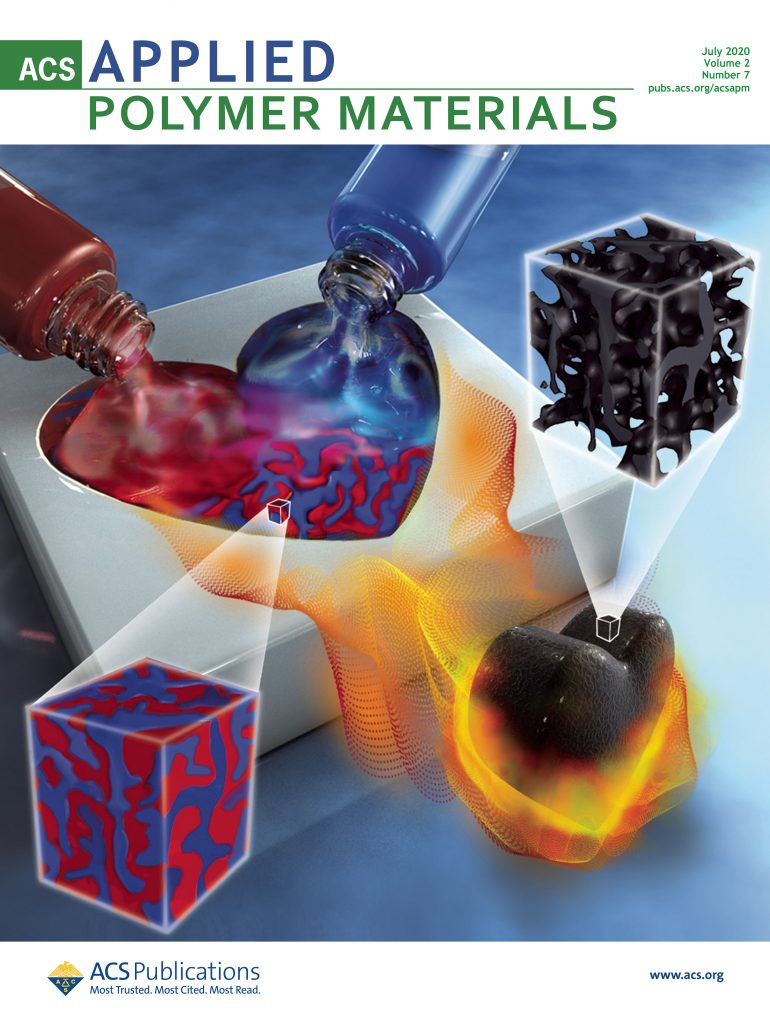利用激励机制进行在线时空电动汽车充电调度
IF 4.4
2区 化学
Q2 MATERIALS SCIENCE, MULTIDISCIPLINARY
引用次数: 0
摘要
随着电动汽车(EV)的日益普及,对公共电动汽车充电基础设施的需求也随之增加。目前,这些充电站之间的协作已成为高效充电调度和降低成本的关键。然而,大多数现有的调度方法主要侧重于推荐充电站,而不考虑用户的充电偏好。采用这些策略可能需要对人们为电动汽车充电的方式进行相当大的调整,这可能会导致人们在实际情况下不愿意遵循充电服务的调度计划。为了应对这些挑战,我们在本文中提出了 POSKID 框架。该框架侧重于空间-时间充电调度,旨在向每位电动汽车用户推荐可行的充电安排,包括充电站和充电时间段,同时最大限度地降低总体运营成本并确保用户的充电满意度。该框架采用在线充电机制,在事先不了解未来电力信息或充电请求的情况下提供建议。为提高用户接受建议的意愿,POSKID 采用了激励策略和新颖的嵌入方法,并结合贝叶斯个性化分析。这些技术揭示了用户隐含的充电偏好,提高了充电调度任务的成功概率。此外,POSKID 还整合了在线候选安排选择和探索-开发策略,以根据用户反馈改进充电安排推荐。使用真实数据集的实验结果验证了 POSKID 在优化充电管理方面的有效性,超过了其他策略。结果表明,POSKID 在确保用户充电满意度的同时,也使每个充电站受益。本文章由计算机程序翻译,如有差异,请以英文原文为准。
Online Spatial-Temporal EV Charging Scheduling with Incentive Promotion
The growing adoption of electric vehicles (EVs) has resulted in an increased demand for public EV charging infrastructure. Currently, the collaboration between these stations has become vital for efficient charging scheduling and cost reduction. However, most existing scheduling methods primarily focus on recommending charging stations without considering users’ charging preferences. Adopting these strategies may require considerable modifications to how people charge their EVs, which could lead to a reluctance to follow the scheduling plan from charging services in real-world situations. To address these challenges, we propose the
POSKID
framework in this paper. It focuses on spatial-temporal charging scheduling, aiming to recommend a feasible charging arrangement, including a charging station and a charging time slot, to each EV user while minimizing overall operating costs and ensuring users’ charging satisfaction. The framework adopts an online charging mechanism that provides recommendations without prior knowledge of future electricity information or charging requests. To enhance users’ willingness to accept the recommendations,
POSKID
incorporates an incentive strategy and a novel embedding method combined with Bayesian personalized analysis. These techniques reveal users’ implicit charging preferences, enhancing the success probability of the charging scheduling task. Furthermore,
POSKID
integrates an online candidate arrangement selection and an explore-exploit strategy to improve the charging arrangement recommendations based on users’ feedback. Experimental results using real-world datasets validate the effectiveness of
POSKID
in optimizing charging management, surpassing other strategies. The results demonstrate that
POSKID
benefits each charging station while ensuring user charging satisfaction.
求助全文
通过发布文献求助,成功后即可免费获取论文全文。
去求助
来源期刊

ACS Applied Polymer Materials
Multiple-
CiteScore
7.20
自引率
6.00%
发文量
810
期刊介绍:
ACS Applied Polymer Materials is an interdisciplinary journal publishing original research covering all aspects of engineering, chemistry, physics, and biology relevant to applications of polymers.
The journal is devoted to reports of new and original experimental and theoretical research of an applied nature that integrates fundamental knowledge in the areas of materials, engineering, physics, bioscience, polymer science and chemistry into important polymer applications. The journal is specifically interested in work that addresses relationships among structure, processing, morphology, chemistry, properties, and function as well as work that provide insights into mechanisms critical to the performance of the polymer for applications.
 求助内容:
求助内容: 应助结果提醒方式:
应助结果提醒方式:


